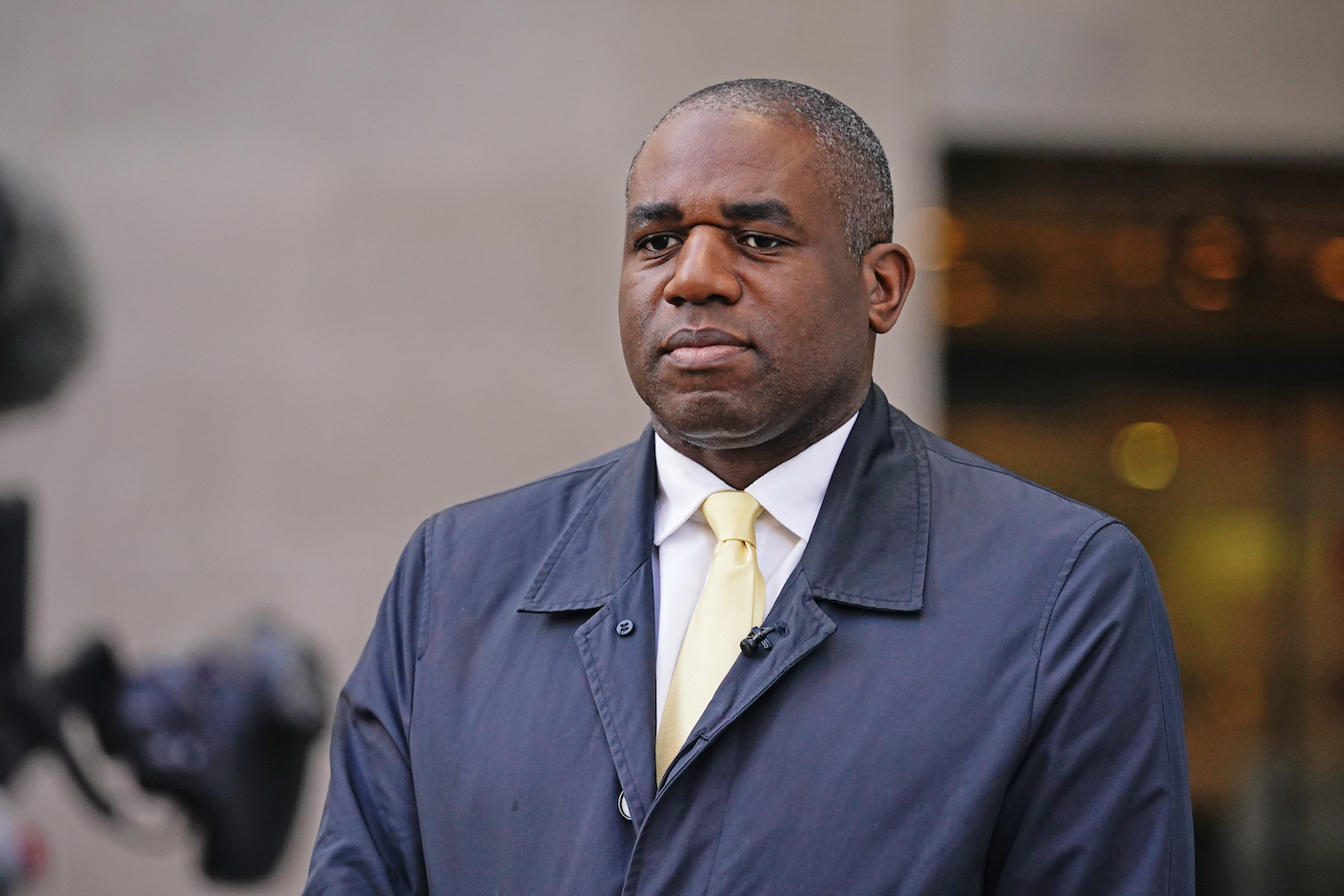Thanks to the investigative journalism of Sky News and Tortoise Media, digging into MP donations, outside work gifts and second jobs has never been easier. Across the country, politicos and curious constituents alike are using the interactive Westminster Accounts database to explore the shadowy world of MP’s extra earnings. It has rekindled the debate over transparency in British politics, which has been rumbling on in the background ever since “Patersongate” in late 2021 led to accusations of a culture of concealment around influence-peddling in Westminster.
The revelations have provided no shortage of headlines. Sky News reports that since the end of 2019 millions of pounds of outside earnings have been made by a small group of largely Conservative MPs. According to the new findings, our elected representatives have earned a collective £17.1m on top of their salaries in just this parliament alone. Two-thirds of this money has gone to just 20 MPs.
So who are the 20 MPs? Fair to say, there is a trend.
Topping the league table is former prime minister Theresa May, making £2,550,876 in outside earnings through this parliamentary session; in at number two is Sir Geoffrey Cox, Conservative MP and former attorney general, who has trousered £2,191,387 since December 2019; and taking bronze is the recently-departed former PM Boris Johnson at £1,064,785.
Young gundog handlers urged to enter Crufts 2023

BASC Scotland raises concerns over firearms licensing report
In total, of the parliament’s top 20 outside earners, 17 are Conservative MPs, with Andrew Mitchell, Sajid Javid and Nadine Dorries also among those making the list.
Comparatively, Labour appear only twice in the top 20. Shadow foreign secretary David Lammy is in twelfth and fellow frontbencher Jess Phillips is placed 19th.
On the surface, this is good news for Sir Keir Starmer’s party. Stories over the confluence of money, power and influence play directly into the Labour leader’s favourite talking points around political integrity. And, after all, the vast majority of the extra earnings went to Conservative politicians — a total of £15.2m — while Labour MPs earned an additional £1.2m.
Under Starmer, Labour has already committed to abolishing MPs’ second jobs (with some exceptions), a move intended to exploit Conservative weakness over the topic brought about by the scandal surrounding former cabinet minister Owen Paterson.
Patersongate, which resulted in the resignation of former MP Owen Paterson after a botched attempt by then-PM Boris Johnson to overturn a standards ruling, was political gold dust for Keir Starmer. Accusing the government of “corruption” and “wallowing in sleaze” throughout the affair, Sir Keir used the opportunity to announce a ban on MPs’ second jobs “with very limited exceptions”. It was a pledge which greatly strengthened Labour’s pitch as a party of integrity.
Gordon Brown’s report on constitutional reform, published in December 2022, continued the Labour party’s anti-corruption angling. It called for the “general prohibition” of second jobs with “exceptions for employment required to maintain professional memberships, such as medicine”.
In light of this, you would think that the “Westminster Accounts” would be an open goal for Keir Starmer — a further opportunity to highlight supposed Conservative shadiness and Labour’s comparative cleanliness. But the politics of the revelations are not so straightforward.
On the Sunday morning broadcast round, Sir Keir was readied with talking points following his pledge-heavy new year’s address; instead, Sky News’ Sophy Ridge asked how the new financial revelations surrounding shadow foreign secretary David Lammy squared with Labour’s pledge to ban second jobs.
The Westminster Accounts found that Lammy had taken home more than £200,000 in outside earnings, mainly from his broadcasting efforts on LBC and speeches. He also declared income from more than 40 different sources — the most of any MP.
Starmer’s line in response to the questioning was thus: “There’s a discussion [to be had] about what exemptions there should be. I think David, for example, does a lot of media work — and I think media work and writing books is all part of the political process. But there’s a discussion to be had, I was urging the whole House of Commons to agree new rules because I do think we should get rid of second jobs with some exceptions”.
The headlines, in the end, were not a good look. “Sir Keir Starmer defends Shadow Foreign Secretary David Lammy earning £200,000 from second jobs”, wrote Sky News. “Keir Starmer wants second jobs for MPs banned but defends David Lammy earning £200,000”, was The Independent’s angle. “Starmer grilled on second job hypocrisy”, The Spectator held.
To be clear, there is no suggestion that Lammy, or any other MP for that matter, has done anything improper — but that Sir Keir was forced to defend his shadow foreign secretary’s high earnings highlights the complicated practical politics of MPs’ second jobs.
After Patersongate, Starmer concluded that the uneasy relationship between money and power made fertile ground for Labour initiative. The initial pledge to ban second jobs, spelt out further by the Brown report, was an attempt to capitalise on feelings of distrust towards politicians after Patersongate. It was ultimately an exercise designed to tie anti-Westminster and anti-corruption sentiment to the actions of the Conservative party — a strategical gambit helped significantly by the drip-drip of stories around rule-breaking gatherings in Downing Streets through lockdown.
The Westminster Accounts revelations may now throw spanner in the works. They underline the truism that it is not just Conservative politicians who seek earnings outside the base MP’s salary of £84,144. And while Starmer will argue that it is the Conservative party which has come of worse from the findings, only Labour MPs can be conceivably accused of hypocrisy given their party’s support for the “general prohibition” of the practice.
It is also not just Lammy’s finances which have been highlighted by the Westminster Accounts. Sky News has focussed much of its coverage on MPM Connect Ltd, a company which has given £345,217 to three well-known Labour MPs: shadow home secretary Yvette Cooper (£184,317), shadow health secretary Wes Streeting (£60,900) and former mayor of South Yorkshire Dan Jarvis (£100,000) since December 2019.
Again, there are no allegations of any wrongdoing, but the fact that the Westminster Accounts story has implicated three high-profile members of Starmer’s top team is cause for political concern. It comes at the exact moment Starmer is looking to seize the political momentum with new policy announcements over the NHS and levelling up.
Unlike Patersongate, the new second jobs revelations will not be an easy win for Labour. The findings underline just how intricate the politics of MPs’ second jobs are.
While no one could reasonably want to outlaw Labour frontbencher Rosena Allin-Khan from her local A&E department, the issue of David Lammy’s speech-making is unquestionably more controversial.
The row sets up a difficult task for Starmer’s policy team, as they work out what an “exemption” to a second jobs ban might look like in practice.




















Discussion about this post